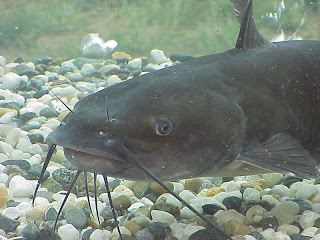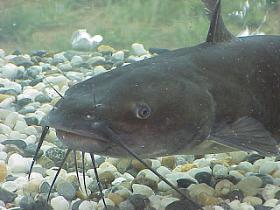A little fish in a big Catfish pond
What is a Catfish? A big black creepy looking fish with long whiskers and a large wide mouth that gobbles up all the debris from the bottom of the pond. Sounds creepy doesn’t it? But what about the new ‘Catfish’ terminology that has been rife on the internet for some time. Google it and you will find out that a Catfish is someone who sets up a fake online profile, pretending to be someone else. They then interact and socialise with others on the net without divulging who they really are. Sounds like harmless fun? Well you can be forgiven for thinking that, but if you look into the practise in more detail, you will find that in fact a lot of people get hurt, upset and sometimes heartbroken.
So what about your rapidly growing children who are surfing the net on a regular basis. If they are involved in any social media sites at all, there is a risk that they could be caught by a Catfish, or even become one. The problem is that people tend to lose inhibitions in the virtual world and do things that they would never do in reality. It may start off as a joke or a game but it can get out of hand. So what do you do? This is when you may need help. There are several websites around that can help with the mixed bag problems of parenting and technology. Quib.ly is a great place to check out for help with e-safety. As well as a panel of experts, you will also find lots of other mum, dads and carers all with the same goal in mind: how to keep their children safe on the internet.
But back to Catfishing. If you maintain an open and honest relationship with your children, and maintain an open door policy, then not only do you have an awareness of what they are doing, but they can also come to you if they feel worried or out of their depth. When you are discussing online safety with them, talk about things like ‘Catfishing’ and at least make them aware of what it is and how it can affect people; them included. If you make it very clear that being dishonest can never be fun and that they too should look out for others that may be taking advantage of them, you should not go far wrong.
In this world, generally, if something appears to be too good to be true, it usually is. And it is the same online. If someone appears to be too handsome/beautiful, popular, famous, into you, it just may not be the real thing. Your children may have to cope with this in the real world as they grow up, but do your best to support them so that they do not get caught hook line and sinker in the virtual world. Communication is the key. Let them know that you are there for them to help at any time. After all, that is what parents are for.
Comments
There are 0 comments on this post













